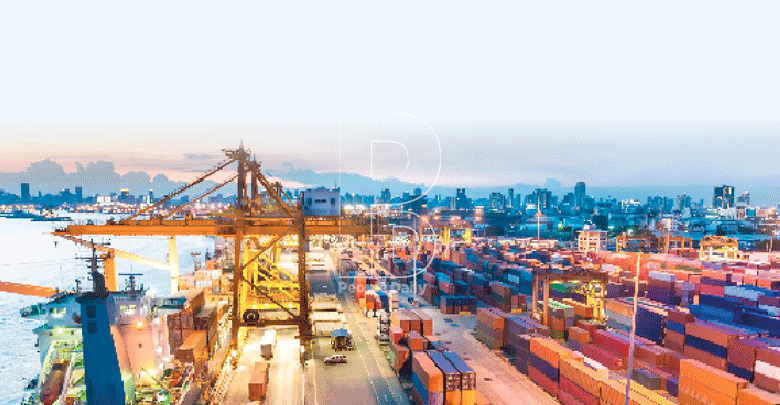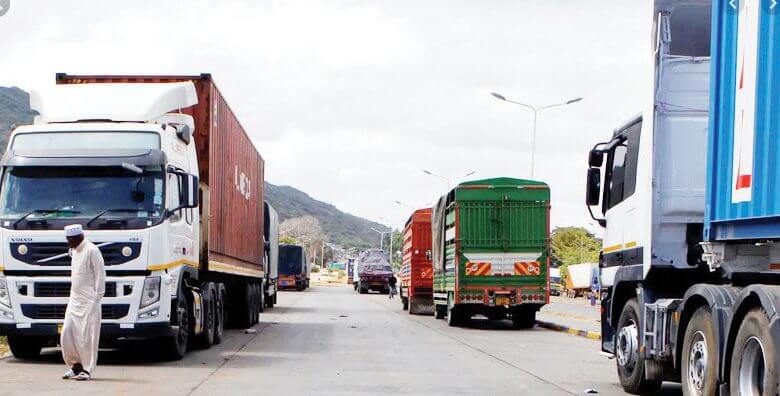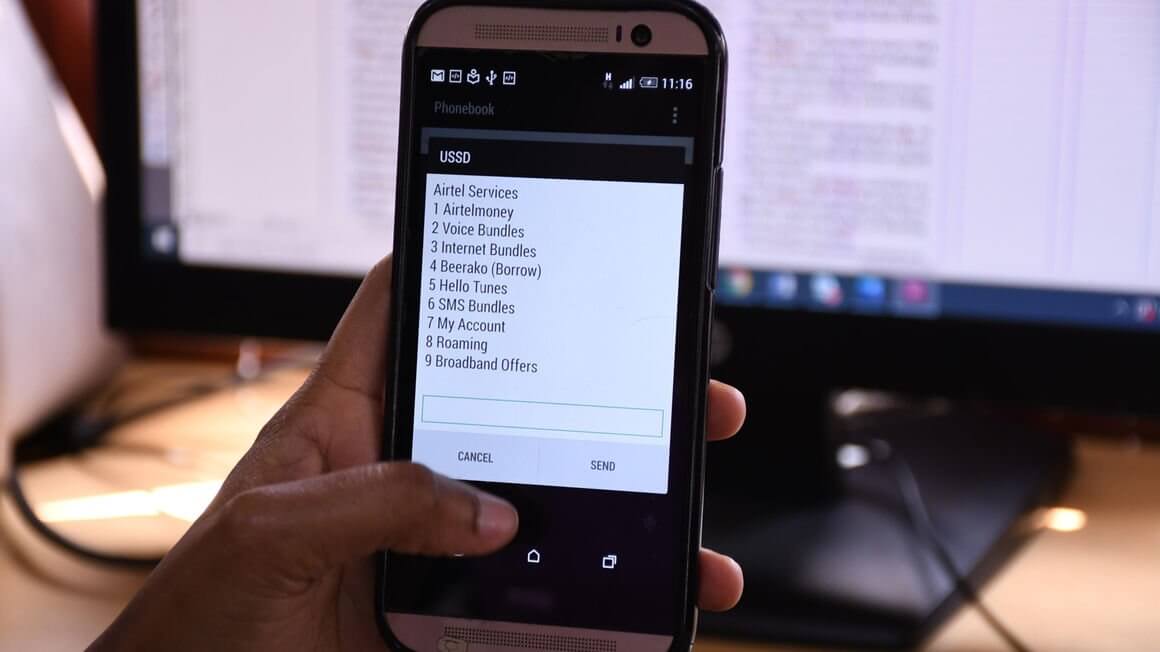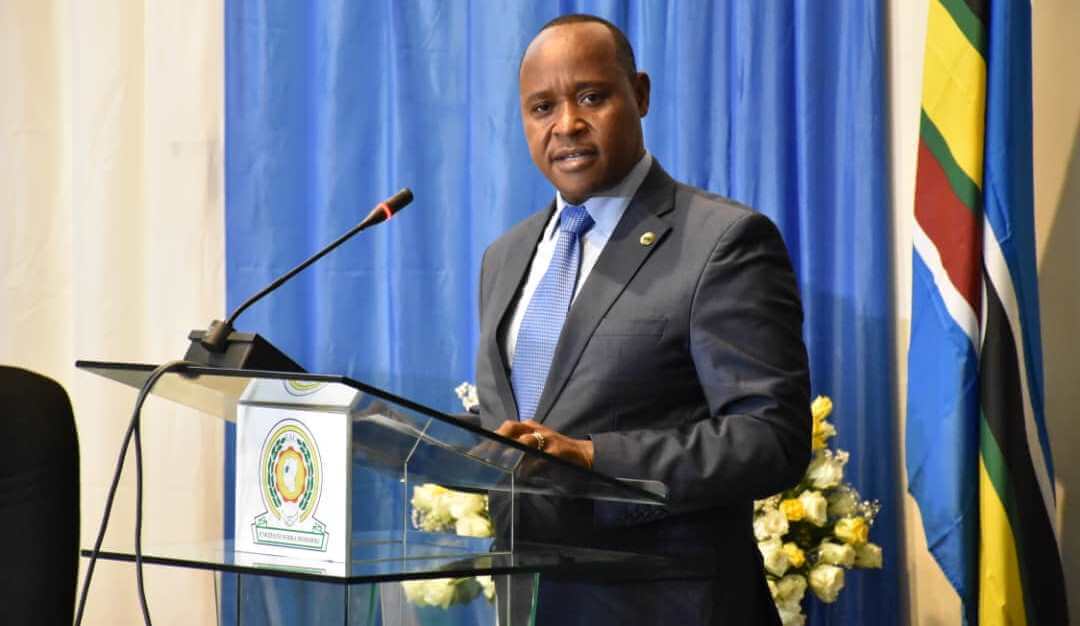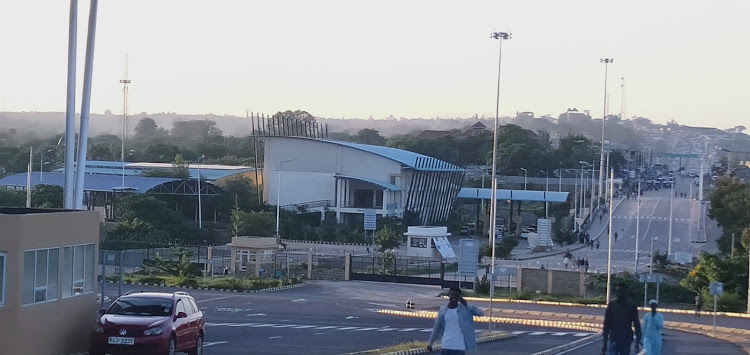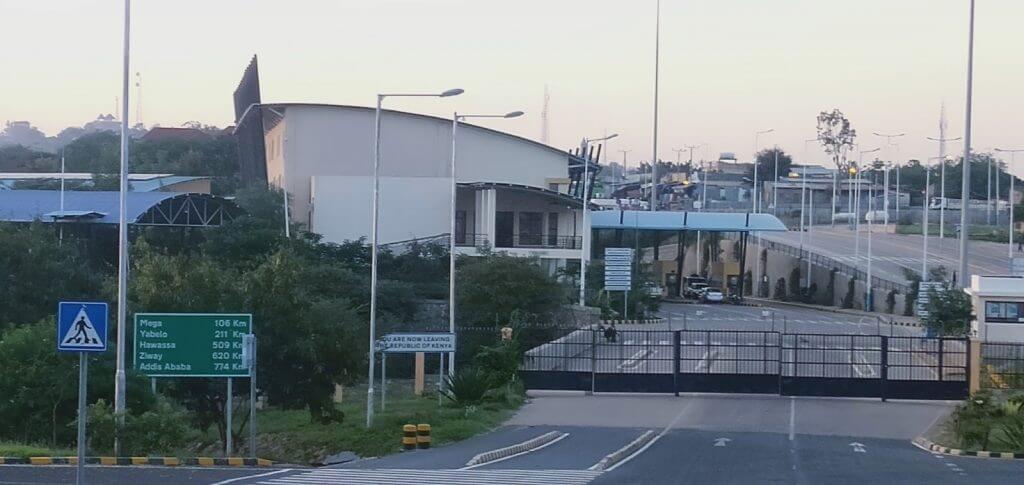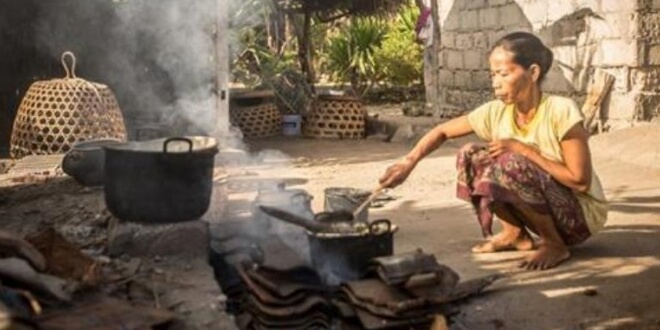Africa is regarded as the new business frontier of global trade and investment. This despite numerous challenges such as lack of proper infrastructure and access to capital. In it’s most recent report for 2020, Deloitte and Touche outlines countries with most ideal environment for investment. Herein is a snapshot of most appealing countries: Mauritius The modest Indian Ocean island, which is best known for its exquisite white beaches and lush lifestyle, is fast becoming one of the hottest investment destinations and foremost business hubs on the African continent. Being likened to one of the leading real estate and business hubs in Asia is no small achievement. The fact that Mauritius is on a mission to make itself more attractive as an investment environment is clear from its progressive and highly favourable tax regime. Mauritian tax planning advantages include no capital gains tax; no inheritance, wealth or gift tax; a standard 15per cent individual tax rate; and no exchange control. Corporate tax is set at a rate of 15per cent or lower, while the country also boasts a strong tax treaty network. Cote D’ivoire Côte d’Ivoire has enjoyed a vibrant, robust, and stable economic growth since 2012, but experienced a slowdown in 2020 owing to the Covid-19 crisis. Prior to the global shock triggered by the pandemic, Côte D’ivoire had one of the most robust economies in Africa and in the world and had grown at an annual average rate of 8 per cent since 2012. The country remains Francophone West...
Ten African countries with the highest investment potential
Posted on: June 16, 2021
Posted on: June 16, 2021

